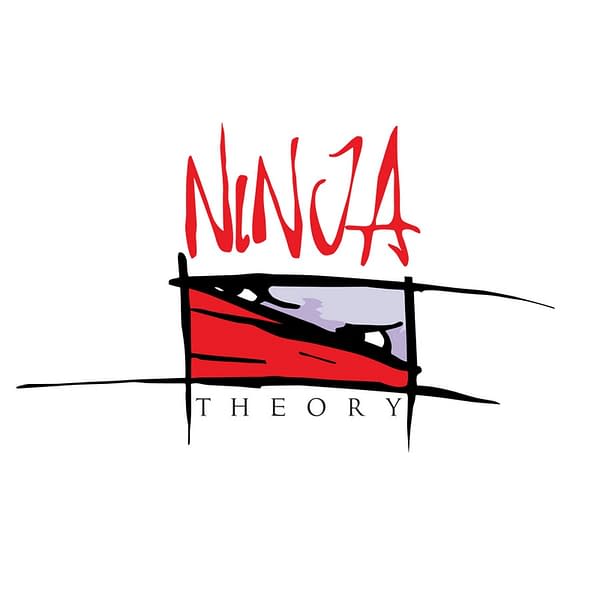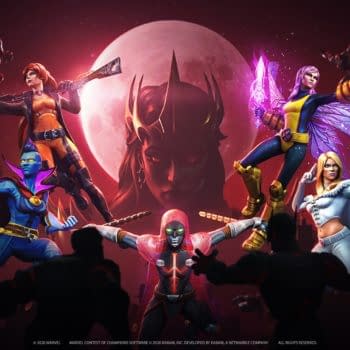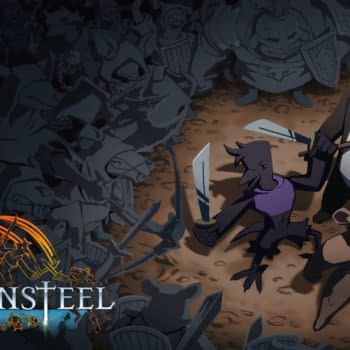Posted in: Games, Video Games | Tagged: microsoft, ninja theory, xbox one
Microsoft Goes Into Detail About Why They Bought Ninja Theory
If you're just a tad curious as to why Microsoft purchased Ninja Theory, the company actually offered a pretty reasonable explanation this week. In an interview with GameIndustry.biz, Microsoft Studios' Matt Booty explains that it has a lot to do with providing content to their subscribers. Specifically, those who sign up for Game Pass. It's actually a pretty sound argument as people are less inclined to spend money on services if the content isn't there to match. Here's a snippet from the article.
"When we start to think about Game Pass, what really is the driver for that is content. When you think about our existing content as it relates to Game Pass… you can see that we're fortunate to have some really large franchises, with Halo, Gears of War, Forza, Minecraft, Age of Empires… these are all well established franchises. I use the word franchise deliberately, because these games are typically multi-platform, many of them have a presence off of Xbox, they have millions of players and iterations of the game going back a decade or more.
"At the other end of the spectrum, we've got the ID@Xbox program, which is bringing in hundreds of new games from smaller indies. We've had a lot of success there. But both of those leave a little bit of a gap in terms of variety and also cadence of content.
"We believe that Game Pass is fantastic for our players because of the ability to discover games and the chance to circle back on games that they missed when they first came out. They're also being exposed to things that, because it's available on Game Pass, they might like to try and maybe become a fan of. We think that what drives a lot of that is variety and creativity. So when we think about: 'Why Ninja Theory?' They really just fit into that category of developers that's getting harder and harder to sustain in the industry. A developer that is right on the cusp of large AAA content, making very well-crafted content. I don't think we'd use indie to describe Ninja Theory. But at the same time, it's not the same as a studio that has multiple hundreds of people working on the next iteration of a AAA franchise, like a Halo.











